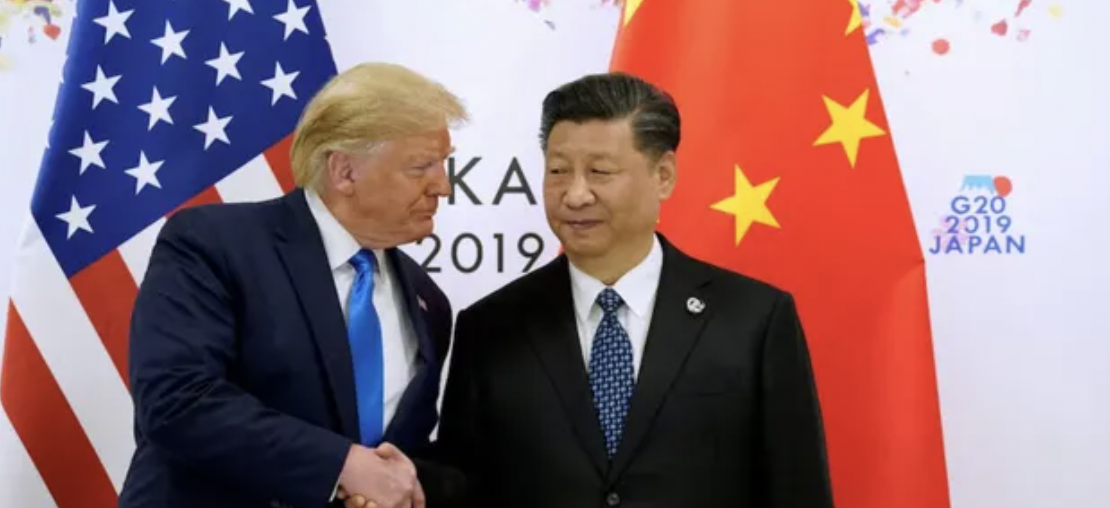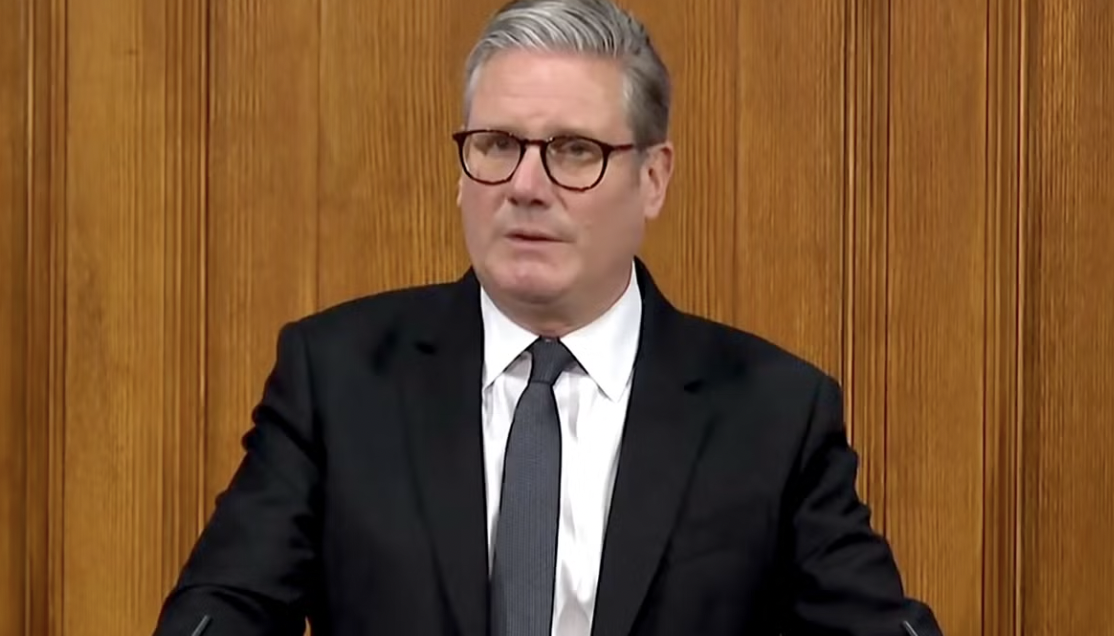Sir Tom Farmer, Founder of Kwik Fit, Passes Away at 84
The founder of the Kwik Fit garage chain, Sir Tom Farmer, has passed away at the age of 84. The Edinburgh-born businessman died peacefully at his home in the city on Friday, as confirmed by his family.
Sir Tom was renowned for building Kwik Fit into the world’s largest independent tyre and automotive chain, selling the company to Ford for £1 billion in 1999. The company operated in over 2,000 locations across 18 countries, a testament to his business acumen and vision.
Beyond his success in business, Sir Tom was a passionate supporter of Scottish football. He owned a majority stake in Hibernian FC for 28 years, ultimately selling his interest in the club in 2019. His involvement with the club cemented his legacy within the Scottish sports community.
Born in Leith, Edinburgh, in 1940, Sir Tom opened his first tyre business in 1964 before founding Kwik Fit in 1971. His entrepreneurial journey was marked by a series of significant achievements, including being knighted in 1997 for his services to the automotive industry. In 2009, he was also named Commander of the Royal Victorian Order (CVO) in recognition of his charitable work.
Sir Tom’s philanthropic efforts were wide-ranging, and his family noted that his long and distinguished career impacted many facets of Scottish and UK life. He was awarded the Carnegie Medal for his charitable contributions and was honored with the Knight Commander with Star of the Order of St. Gregory the Great by the Pope in 1997.
A devout Roman Catholic, Sir Tom’s faith played a central role throughout his life. His family remarked on his weekly attendance at mass in Edinburgh and his strong connections with the Catholic community, both locally and internationally.
In a heartfelt statement, Sir Tom’s family described him as “a family man” who was deeply committed to his loved ones, his work, and his faith. He married Anne in 1966, and the couple enjoyed 57 years together until her passing in 2023. Sir Tom often credited his success to his wife, stating that the secret to his achievements was marrying a woman like Anne.
Sir Tom is survived by their two children and four grandchildren.
The Scottish community, especially those with ties to Hibernian FC, have expressed their grief at his passing. A statement from Hibernian FC on social media read: “Hibernian FC are devastated to hear of the passing of former owner Sir Tom Farmer, aged 84. Thank you for everything, Tom. Rest in peace.”
First Minister John Swinney paid tribute, stating: “Very sorry to hear of the death of Sir Tom Farmer, an outstanding entrepreneur and such a generous individual to so many causes in Scotland. My condolences to his family.”
Scottish Secretary Ian Murray also honored Sir Tom’s memory, calling him a “proud Scot” and “a huge contributor to Edinburgh’s community football.”
Sir Tom will be remembered as a man of great integrity, whose contributions to business, philanthropy, and his community will leave a lasting impact.


 Crime6 months ago
Crime6 months ago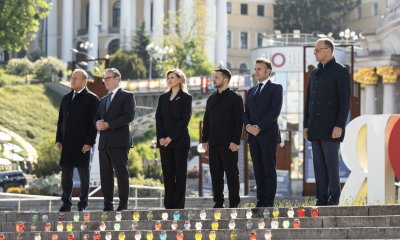
 News6 months ago
News6 months ago
 Business6 months ago
Business6 months ago
 Crime6 months ago
Crime6 months ago
 Politics6 months ago
Politics6 months ago
 Business6 months ago
Business6 months ago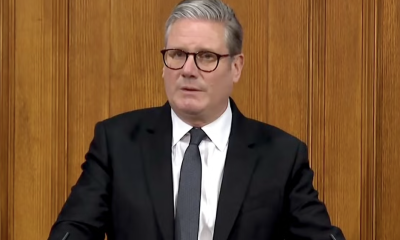
 News6 months ago
News6 months ago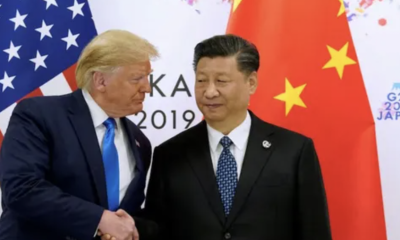
 News6 months ago
News6 months ago

